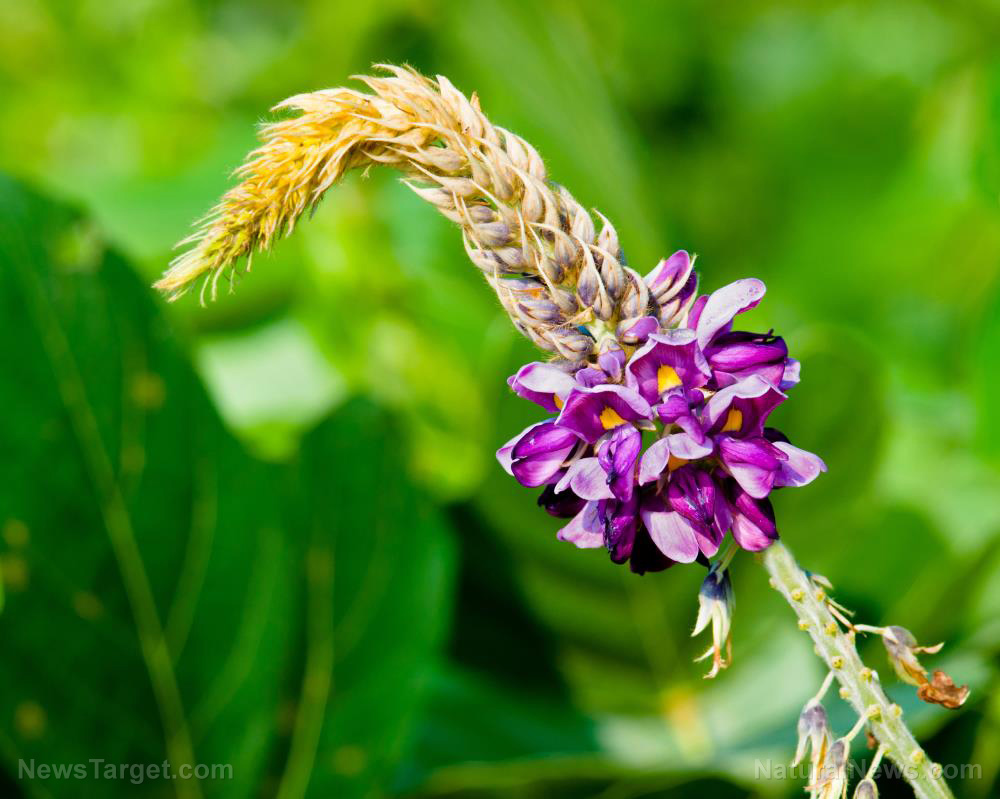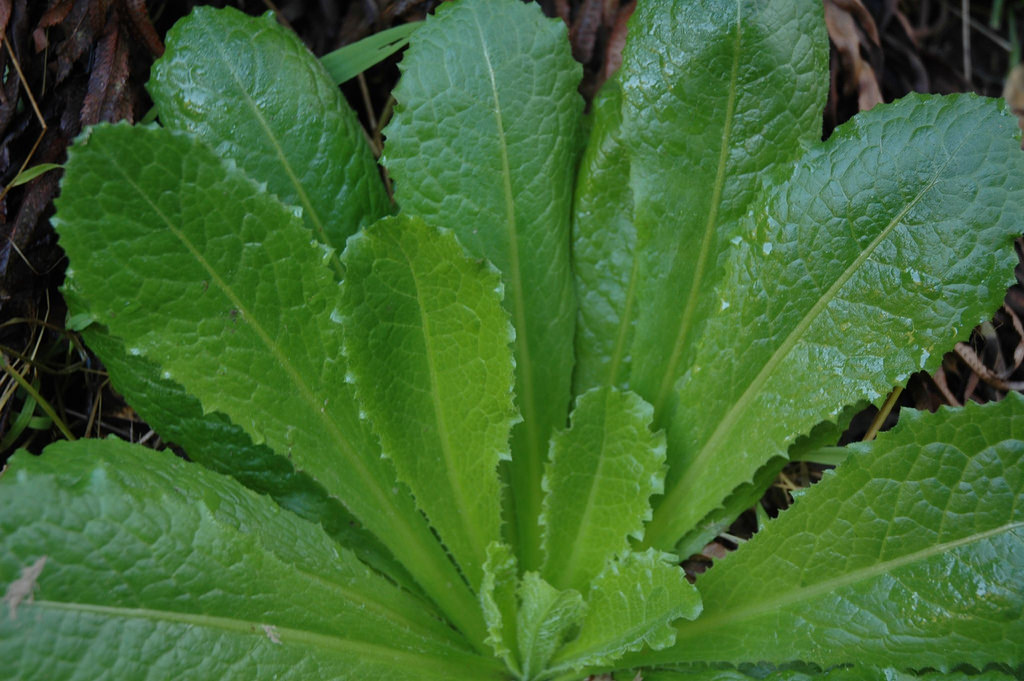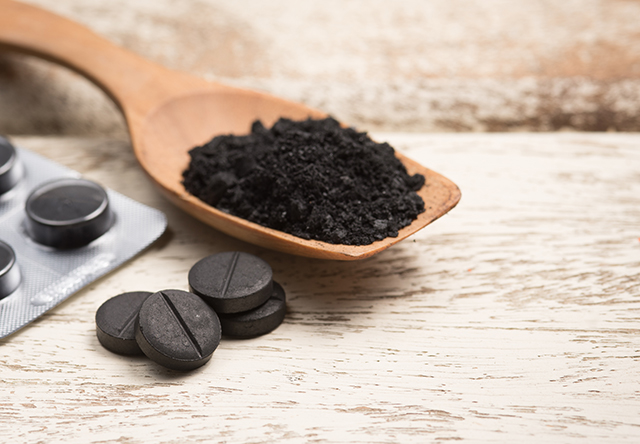Kudzu shows promise in treating Type 2 diabetes
10/02/2019 / By Melissa Smith

Diabetes is one of the most challenging public health problems in the world. Because of its increasing prevalence and mortality rates, as well as its serious complications, more effective and natural treatments are needed. Traditional herbs have a long history of being used for treating diabetes, and one of these herbs is kudzu (Pueraria lobata).
In a review of studies published in The American Journal of Chinese Medicine, it was suggested that a natural isoflavone from kudzu called puerarin showed promise as an adjuvant agent in treating diabetes. Researchers from the University of Macau and Zunyi Medical University in China summarized the beneficial effects and underlying mechanisms of puerarin on diabetes and its complications.
Based on the data the researchers collected, puerarin from kudzu can reduce blood sugar levels, improve insulin resistance, and protect islets. The isoflavone can also inhibit inflammation and reduce oxidative stress. In addition, it can inhibit the Maillard reaction, which is a chemical reaction between an amino acid and reducing sugar, and the formation of advanced glycation end products (AGEs) – both of which play a role in aging and the development or worsening of diabetes.
Furthermore, puerarin may also improve diabetes by delaying and improving diabetes complications, such as cardiovascular complications, diabetic nephropathy, diabetic retinopathy, and diabetic neuropathy. However, the efficacy of puerarin is relatively low and its safety on humans is yet to be clarified, although it has low toxicity on experimental animals. (Related: A Chinese herbal complex can prevent renal injury in patients with Type 2 diabetes.)
Other health benefits of kudzu
Kudzu is consumed both as a functional food and herbal medicine in East Asian countries. Here are some of the other health benefits of kudzu:
It improves the symptoms of metabolic syndrome – People with metabolic syndrome, which is a cluster of conditions – including high blood pressure, high cholesterol, and insulin resistance – that increase the risk of heart disease and Type 2 diabetes, may benefit from taking kudzu. An animal study found that treating rats with metabolic syndrome with kudzu extract reduced their weight gain and improved their blood pressure, insulin, and cholesterol levels.
It eases headaches – If you’re suffering from a cluster headache, kudzu may be worth looking into. In a study of 16 people suffering from headaches, researchers found that the herb reduced the frequency, duration, and intensity of attacks.
It relieves menopause symptoms – Taking kudzu supplements may be beneficial for menopausal women who experience hot flashes and night sweats. In a study of 127 postmenopausal women, researchers found that taking 100 mg of kudzu supplements every day improved the participants’ cognitive function and attention span. Another study revealed that taking kudzu extract in capsule form for 24 weeks reduced vaginal dryness in postmenopausal women. These benefits on menopause symptoms can be attributed to the isoflavones of kudzu that helped regulate hormones.
It helps treat alcoholism: Taking kudzu extract may help heavy drinkers reduce their alcohol intake, according to a 2005 study. In the study, heavy drinkers took kudzu supplements for one week before the experiment. Results showed that the participants consumed less booze than usual. Kudzu as a treatment for alcoholism was originally used in ancient China.
It fights inflammation: Kudzu possesses powerful anti-inflammatory properties. Reducing inflammation is important because too much of it can contribute to more serious health problems, such as cancer, cardiovascular disease, and diabetes.
Read more stories on herbal medicines like kudzu at NaturalMedicine.news.
Sources include:
Submit a correction >>
Tagged Under:
alternative medicine, anti-diabetes, anti-inflammatory, blood sugar, diabetes, diabetes complications, diabetes cure, diabetes science, diabetes treatments, disease treatments, herbal medicine, Herbs, inflammation, Kudzu, natural cures, natural medicine, phytonutrients, prevention, puerarin, remedies, research, Type 2 Diabetes
This article may contain statements that reflect the opinion of the author
RECENT NEWS & ARTICLES
Herbs.News is a fact-based public education website published by Herbs News Features, LLC.
All content copyright © 2018 by Herbs News Features, LLC.
Contact Us with Tips or Corrections
All trademarks, registered trademarks and servicemarks mentioned on this site are the property of their respective owners.






















